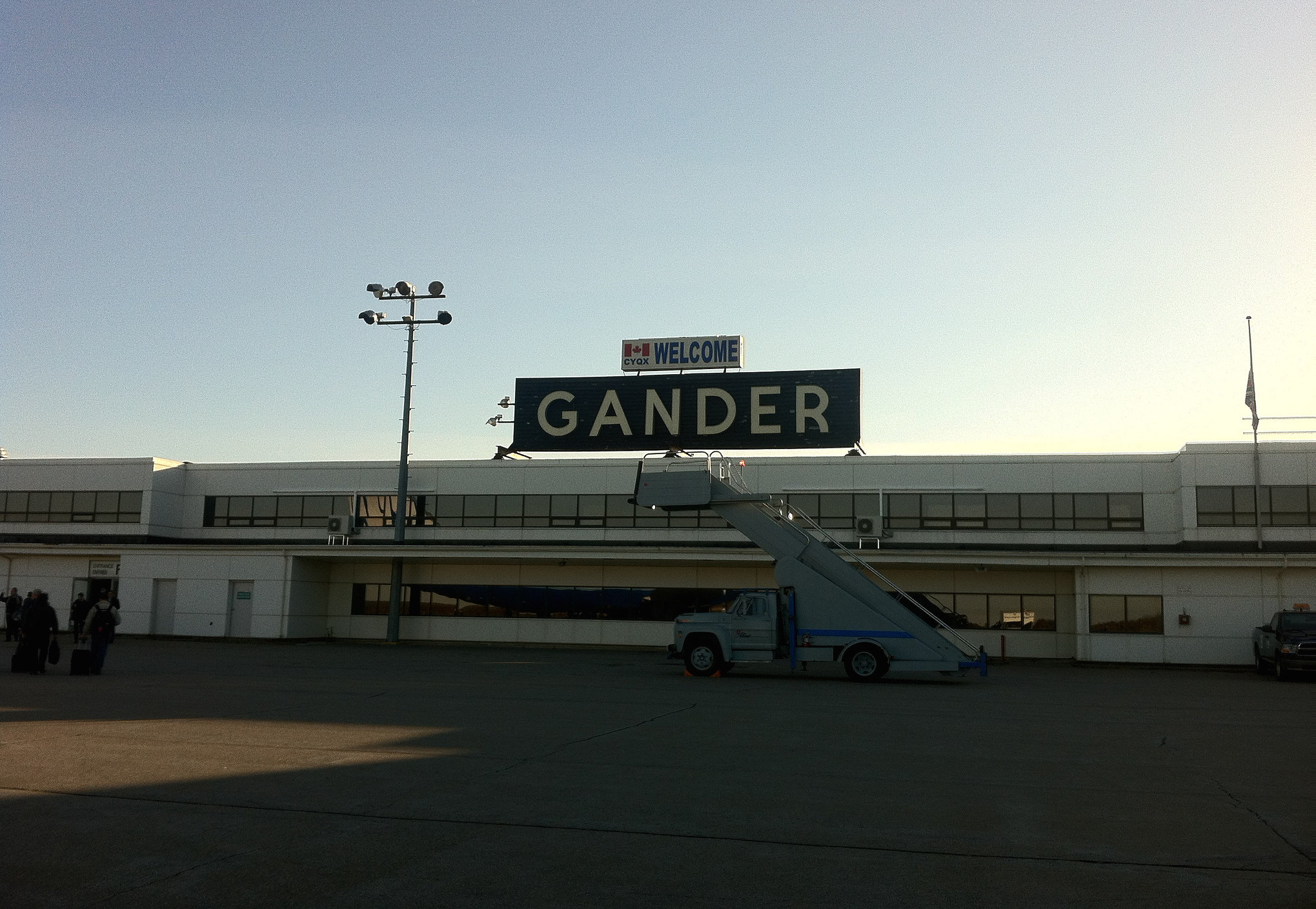Union leaders in Newfoundland and Labrador are hoping the ongoing strike at D-J Composites in Gander motivates the provincial government to tighten the Labour Relations Act.
Workers at D-J Composites, an aircraft manufacturing company, have been locked out since December 19, 2016 when the company couldn’t reach an agreement with Unifor Local 597, the union representing workers. The company wanted to slash workers’ wages and reduce seniority. The lockout began with 34 members. Two have left for other jobs since it started.
The bitter dispute has included the province’s Labour Relations Board ruling the company engaged in bad-faith bargaining and the union complaining to the federal government about the company bringing in workers from Kansas to work at the Gander facility. There have also been allegations of locked-out workers harassing plant employees.
Earlier this month, union representatives met with Minister of Advanced Education, Skills and Labour Al Hawkins to update him on the situation and ask the government to intervene.
Right now, provincial labour laws allow for the minister to appoint an arbitrator if both parties agree to it. The law needs to change so when a company or union has been found to be acting in bad faith and no deal can be reached, an arbitrator can be appointed without both parties agreeing to it, said Lana Payne, Unifor’s Atlantic regional director. Without this, there’s no pressure to settle the dispute.
“Sometimes the threat of the tool being used is as powerful as the tool being used,” she said, noting if a mechanism like this were in place, she thinks a deal would have been reached by now.
“It is extremely rare for us to be in a situation like this with an employer,” she said. Not all companies like the union, said Payne, but Unifor still negotiates hundreds of contracts each year.
The company has given no indication of wanting to settle the dispute, union leaders say.
D-J Composites did not respond to rabble.ca‘s requests for interviews, either by phone or email.
The Kansas-based company, which purchased the plant from Canadian company Heli-One Composites in 2012, wanted to slash workers’ wages and reduce their seniority rights. The last contract expired in 2015. Both parties agreed to delay bargaining until 2016.
“Right now, there’s no light at the end of the tunnel,” Ignatious Oram, plant chairperson said. Workers are increasingly frustrated. Oram has worked at the plant for more than 15 years. He said the lockout wasn’t totally surprising. The company had promoted two senior union staff to non-union positions shortly before it began. But he never thought it would be this long.
The company has been recruiting to replace the picketers. Some ads went out shortly before Labour Day, an act Payne called “especially egregious and a slap in the face to our members.”
Scab workers cross the picket line each day, said Oram. That doesn’t help morale.
“That’s tough when you know somebody’s going in there and doing your job. All around, it’s not a nice environment to be around every day,” he said of the mood on the picket line.
The company “should swallow their pride and accept the terms and conditions that (they’re) in another country,” said Oram. “It’s a unionized shop, and if you want to continue doing business here, you have to take the terms and conditions of the employment.”
Oram, who attended the meetings with the government, said he also wants the government to do more for the workers.
The union movement has been supportive. Unior has organized rallies in solidarity. Also this month, Mary Shortall, president of the Newfoundland and Labrador Federation of Labour, sent a letter to the minister asking him to intervene on behalf of the workers.
She called the company’s behaviour “shameful” and “unacceptable.” The letter describes the company’s activities, including allegedly trying to negotiate individually with workers, as “union-busting.” This violates workers’ rights, the letter says.
“It is time, I believe, for the government to send a clear message to this employer,” she wrote.
The stress is impacting workers’ families too, as they make ends meet.
“This company is really attacking families right now for what they’re continuing to do,” Oram said. His son recently began university, and it’s tough paying for education solely from his wife’s two jobs.
This strike has an added personal component. D-J Composites is a U.S. company. Gander residents housed Americans who were displaced after the September 11 terrorist attacks.
Oram was working in Ontario at the time, so he didn’t take anyone in who was stranded. But some of his colleagues did. They did it to help people who were in a hard time, without expecting anything in return. But after the community showed so much generosity, the company’s behaviour is like a “kick in the face,” he said.
Meagan Gillmore is rabble.ca‘s labour reporter.
Photo: Klaus Radermacher/flickr
Like this article? Please chip in to keep stories like these coming.




